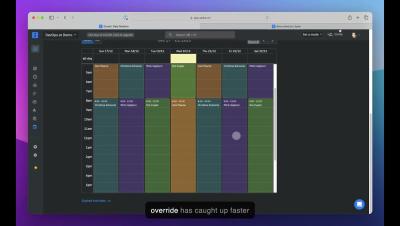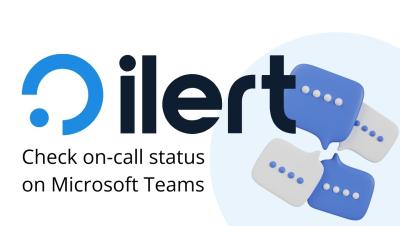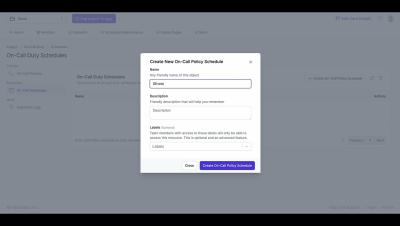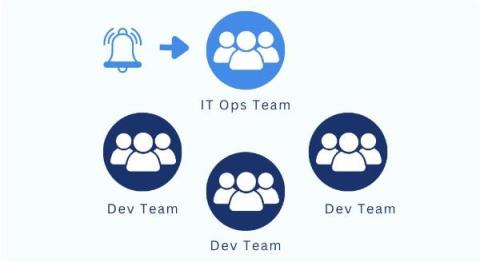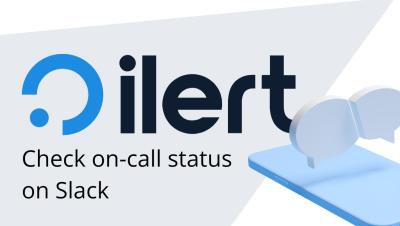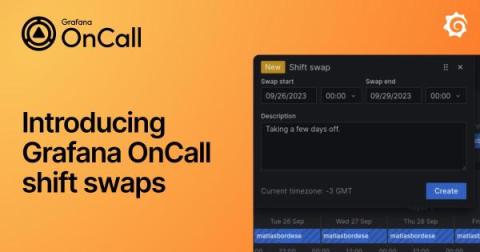On-Call Software Engineer Roles and Responsibilites
Most software engineers know that they are typically tasked with on-call shifts, but new software engineers entering the field may be asking themselves – What do I even do if I get scheduled for an on-call shift? This is a common question that often doesn’t get answered until that first on-call shift, and unfortunately that can be overwhelming for a young professional who is nervous about their first on-call shift, let alone their first incident.




